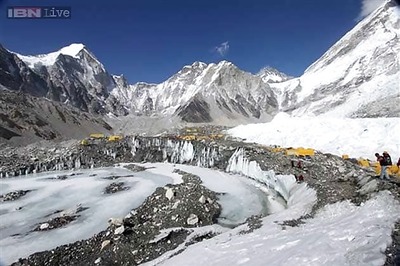
views
Islamabad: Fourteen years after he was deposed in a military coup and forced into exile, PML-N chief Nawaz Sharif is set to become Prime Minister for an unprecedented third term at a time when Pakistan is grappling with massive challenges ranging from an economic meltdown to a Taliban insurgency.
Sharif, 63, will be formally elected as premier during a session of the new National Assembly. Later in the day, Sharif will be sworn in by his political rival President Asif Ali Zardari of the Pakistan People's Party.
The PML-N emerged the single largest party in the May 11 General Election, decimating other political parties and setting up a record third term for Sharif, who entered politics in the 1980s as a protege of the late military dictator Zia-ul-Haq.
Sharif's election as leader of the House is a foregone conclusion as the PML-N has more than 180 lawmakers in the 342-member National Assembly. However, even Sharif's harshest critics concede now that he is a changed man, possibly due to the years spent in self-exile in Saudi Arabia after he was forced to leave Pakistan in 2000 by former military ruler Pervez Musharraf.
Ironically, Musharraf is himself detained in his farmhouse over several high-profile cases at a time when Sharif is returning to the seat of power.
Sharif and his government will have to contend with a set of daunting challenges immediately after coming to power, including a crippling energy crisis that has caused power outages of up to 20 hours a day across the country, a Taliban insurgency that has killed thousands of people over the past six years and a stagnant economy.
The PML-N has said that Sharif will unveil a plan of action to address these challenges when he addresses the National Assembly after his election.
An economic team comprising Sharif's close aides has been hard at work on a plan to address the energy crisis by clearing the debts of oil suppliers and refurbishing power plants and switching them over to coal from the more expensive furnace oil.

















Comments
0 comment